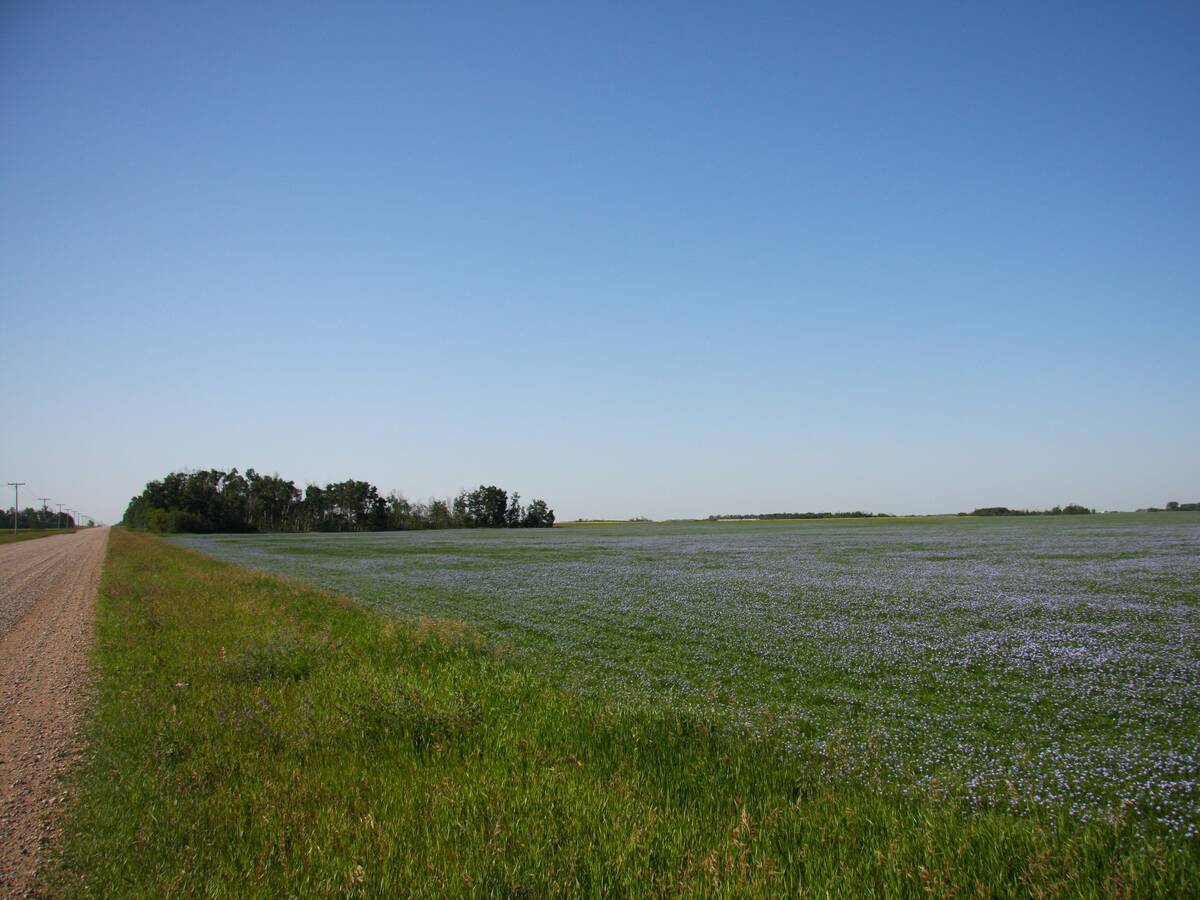A southern Alberta farm supply company has been fined after it illegally sold seed protected by plant breeders rights.
Parkland Agri Services of Didsbury agreed to pay $200,000 to Proven Seeds and SeCan Association after it advertised common seed that had characteristics of seed protected by plant breeders rights.
“This one raised a lot of complaints,” said Lorne Hadley, executive director for the Canadian Plant Technology Agency. The organization has issued more than 300 warnings to producers about selling seeds protected by plant breeders’ rights.
“There’s a fairness issue here,” said Hadley, whose group received calls from dealers and farmers about the Parkland seed sale.
Read Also

Farmland advisory committee created in Saskatchewan
The Saskatchewan government has created the Farm Land Ownership Advisory Committee to address farmer concerns and gain feedback about the issues.
Two years ago, Parkland developed a sales program based on common seed using varieties protected by plant breeders rights. The Plant Breeders Rights Act of 1990 prohibits the unauthorized sale or trading of any seed grown from a protected variety.
The legislation is designed to protect the financial investment made by breeders in developing varieties. Part of the fee when buying seed goes to the original breeder who developed it.
Larry White, SeCan general manager, said that during the investigation at least two varieties of cereal seed were purchased from Parkland and were then variety tested. Secan found the samples had originated from SeCan seed protected by plant breeders rights.
Common seed derived from a protected variety is protected by plant breeders rights even though the seed act says a name cannot be applied to common seed. White said it’s probably common to sell small quantities of common seed among friends and relatives. While it’s still illegal, it doesn’t usually become public.
“This was significant quantities available and it was widely advertised as being available,” said White, who added that the association, as part of the settlement, wanted to publicize the out-of-court settlement.
“We think that’s one of the ways of deterring others from doing the same thing,” said White.
Plant breeder rights were introduced 14 years ago and Hadley doesn’t think producers or grain companies can be unaware of how the seed system works.
“Perhaps there (is) a group of people not fully aware, but more likely someone in a major farm supply business like Parkland simply didn’t believe they were going to be caught.”
Hadley said reports of illegal seed sales increased drastically during the recent drought.
Calls to Parkland Agri Services were not returned.














